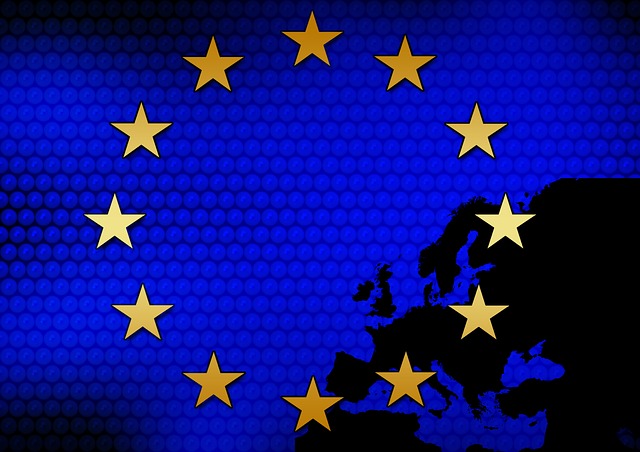

The proposal introduces a number of gateways (based on income, cross-border elements and services outsourced) that, if passed, indicate the risk of being a low-substance entity that could be misused for tax purposes.
An entity crossing all the gateways will be required to report information in its tax return related, for example, to the premises of the company, its bank accounts, the tax residency of its directors and that of its employees. These are known as “substance indicators.” All declarations need to be accompanied by supporting evidence.
If an entity fails at least one of the substance indicators, it will be presumed to be a “shell”.
Entities that do not meet all substance indicators will still have the opportunity to rebut the presumption of being a shell presenting additional evidence to the tax authorities.
If a company is deemed a “shell”, the member States other than the member state of the “shell” shall disregard any agreements and conventions that provide the elimination of double taxation in force with the member State of the “shell”.
In addition, payments to third countries will not be treated as passing through the shell entity and will be subject to withholding tax at the level of the entity that paid to the shell company. Consequently, incoming payments will be taxed in the state of the shareholder of the shell company.
Significant consequences will also apply to shell companies that own real estate assets for the private use and that consequently have no income streams. Such assets will be taxed by the state where they are located as if they were owned directly by the individual.
Once adopted, the “Unshell Directive” should be transposed into national law by the Member States before 30 June 2023 to come into effect from 1 January 2024.








